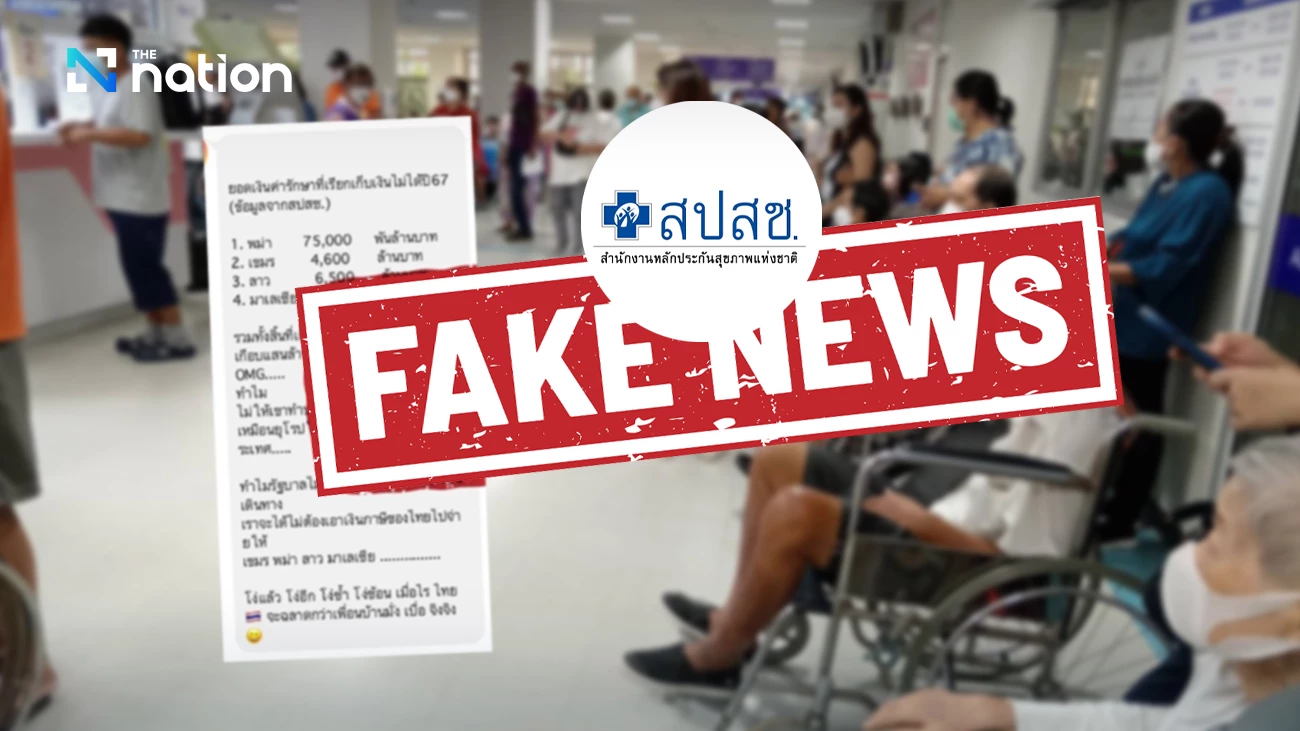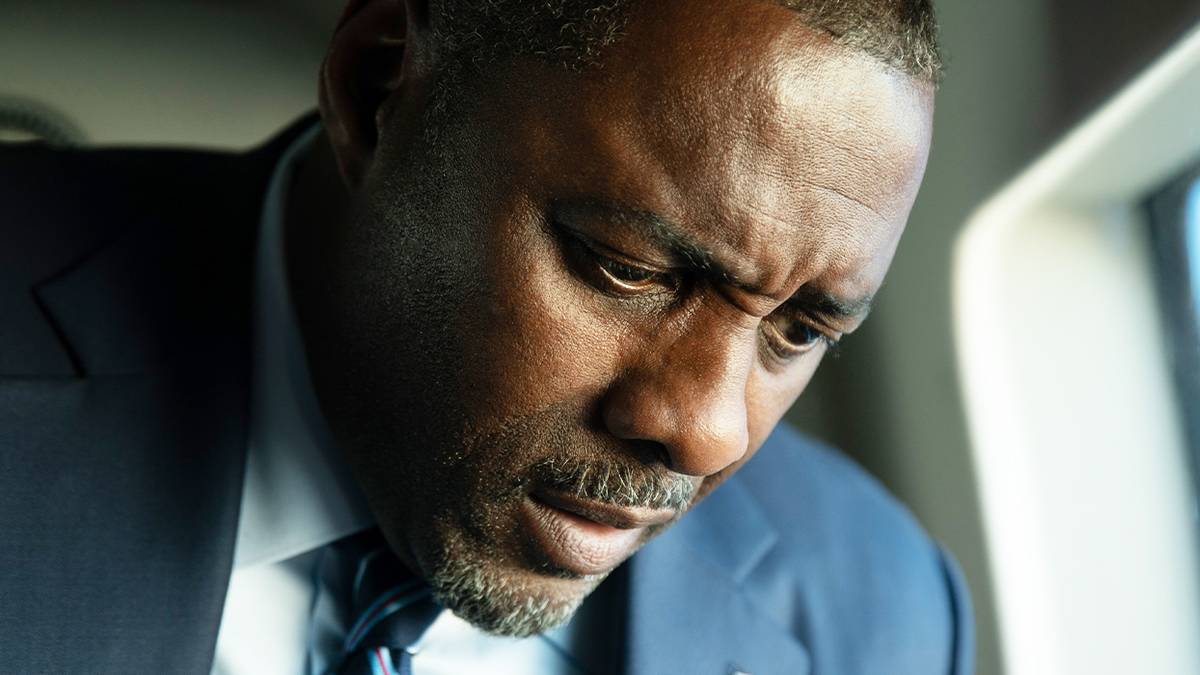Border Fury: Thai-Cambodian Standoff Deepens Amid Assassination Rumors & Diplomatic Showdowns

Tensions between Thailand and Cambodia are high, marked by ongoing border disputes, diplomatic spats, and a significant amount of disinformation. Despite recent ceasefire agreements and bilateral talks, both nations face challenges in resolving long-standing issues, including territorial claims and allegations of aggression.
A major concern is the proliferation of fake news surrounding the conflict. The Ministry of Digital Economy and Society (DES) reported that eight out of the top ten fake news items last week were directly related to the Thai-Cambodian border situation. Adding to the diplomatic strain, the Thai Ministry of Foreign Affairs, through Director-General Nikorndej Balankura, vehemently denied claims by Cambodia’s Minister of Information regarding a Thai plot to assassinate Cambodian leaders Hun Sen and Hun Manet. Nikorndej dismissed these allegations as “entirely unfounded” and clearly intended to defame Thailand, emphasizing that such misinformation undermines ongoing General Border Committee (GBC) discussions aimed at peaceful resolution.
Separately, the National Health Security Office (NHSO) addressed social media allegations that Thailand spent nearly 100 billion baht last year on medical care for citizens of neighboring countries, including a significant portion for Cambodians, without reimbursement. The NHSO refuted these claims, which had detailed specific amounts allegedly spent on nationals from Myanmar, Cambodia, Laos, and Malaysia.
A critical aspect of the current conflict is the alleged use of landmines and ceasefire violations by Cambodian troops. The Royal Thai Army (RTA) is set to lead an ASEAN Interim Observation Team (IOT) to visit the Thai-Cambodian border to monitor these reported breaches of international law and ceasefire conditions. This mission follows earlier successful trips organized by the Thai government for international bodies. ASEAN envoys and representatives from countries that ratified the Ottawa Convention, which bans the use of landmines, visited Si Sa Ket province, where they reportedly witnessed evidence of anti-personnel mines allegedly laid by Cambodian troops and spoke with affected residents. Thailand expects these envoys to report their findings to their respective governments and raise the issue with the international community.
Further corroborating humanitarian concerns, the RTA, in coordination with the Foreign and Interior Ministries, facilitated a visit by representatives of the International Committee of the Red Cross (ICRC). ICRC representatives assessed the humanitarian impact of cross-border attacks on civilians in Surin, Si Sa Ket, and Ubon Ratchathani provinces, interviewing local residents in various districts. The ICRC gathered facts and will compile a confidential report on the humanitarian impact of the conflict, submitting it directly to both Thailand and Cambodia, without making its findings public.
The Thai Ministry of Foreign Affairs has openly accused Phnom Penh of a “sustained disinformation campaign” that actively undermines the peace process. Nikorndej Balankura stated that Cambodia’s commitment to a bilateral ceasefire was “merely for public relations” and that their actions “are the opposite of what they claim.” Nikorndej presented a four-point list of alleged ceasefire violations by Cambodia, which included laying new landmines, using drones for harassment, inciting their own citizens to protest at the border, and deploying powerful improvised explosive devices (IEDs) on the Thai side of the frontier.
Another contentious issue revolves around Ban Nong Chan village in Sa Kaeo province. Government spokesman Jirayu Houngsub asserted that Cambodians had betrayed Thai hospitality and humanitarian aid by establishing and expanding a community on Thai soil in this area. Originally, Ban Nong Chan served as a temporary shelter for Cambodians fleeing civil war in 1977. Jirayu claimed that Cambodia later took advantage of Thailand’s humanitarian assistance, with refugees refusing to return home and instead expanding their community, effectively encroaching on Thai territory. He accused the Cambodian government of using its citizens as a “human wall” to try and encroach on Thai soil and provoke border tensions. This situation led Thailand to erect razor wire to protect its territory from further encroachment and from attacks by Cambodian troops who had laid landmines. Jirayu insisted that the installation of razor wire was entirely within Thai boundaries and did not violate the conditions agreed upon during the General Border Committee’s meeting on August 7.
Despite both nations signing a 13-point ceasefire agreement during the GBC meeting in Malaysia on August 7, provocations, fake news, and various forms of intimidation continue to affect the region. Cambodia has exerted pressure on Thailand to dismantle the barbed wire fences in the Ban Nong Chan area. This area’s history as a refugee camp for Cambodians fleeing the Khmer Rouge era has complicated matters, as descendants of the original refugees have expanded their settlements, building nearly 200 new homes, and claiming the area as Cambodian sovereign land. Thailand has faced limitations due to human rights obligations, as refugees who did not voluntarily return could not be forcibly removed, similar to the situation with Myanmar refugees. The Cambodian government continues to reject Thailand’s border demarcation claims.
The severity of the situation has prompted consideration of legal action. Acting Prime Minister Phumtham Wechayachai stated that academics might submit a proposal to the government to consider suing Cambodian Prime Minister Hun Manet and his father, Hun Sen, in the International Criminal Court (ICC) as war criminals. This is in addition to the National Security Council’s (NSC) resolution to file both criminal and civil lawsuits against them in Thai courts for causing deaths and injuries to Thais, as well as damaging assets, by ordering Cambodian troops to fire at Thai civilians. Furthermore, Phumtham met with four US lawmakers who visited Thailand to follow regional developments. Their discussions covered Thai-US relations, security concerns, economic issues, and investment opportunities. Phumtham explicitly raised the issue of Cambodian mine-laying activities during these discussions, stressing the need for peaceful solutions that prioritize the lives of affected people and emphasized fighting with truth, not through information warfare. The US delegation is scheduled to observe the Thai-Cambodian border conflict zone in Ubon Ratchathani province before continuing their visit to Cambodia.
The complex and multifaceted nature of the Thai-Cambodian border situation, characterized by allegations of military aggression, humanitarian concerns, and a battle against disinformation, underscores the urgency for genuine diplomatic engagement. Thailand maintains its commitment to resolving disputes through bilateral mechanisms and international cooperation, advocating for truth and the protection of its sovereignty and citizens, while addressing humanitarian issues.
Recommended Articles
Border Fury Erupts: Thailand and Cambodia Locked in Escalating Territorial Standoff

Thailand is grappling with complex border disputes with Cambodia, marked by allegations of landmine use, ceasefire viola...
Thai-Cambodian Border Crisis Escalates: Fake News, Incursions, and Calls for ICC Action

Thailand is grappling with escalating border tensions with Cambodia, marked by refuted assassination claims, pervasive f...
Southeast Asia Standoff: Thai-Cambodian Border Crisis Escalates with US Delegation Visit

The Thai-Cambodian border remains a site of tension, with the Royal Thai Army leading ASEAN observers to monitor alleged...
Thai-Cambodian Border Boiling Point: Fake News, Assassination Plots, and Land Disputes Fueling Tensions

Tensions persist along the Thai-Cambodian border, fueled by accusations of assassination plots, alleged landmine deploym...
Cross-Border Fury: Thailand and Cambodia Embroiled in Assassination Rumors, Land Disputes, and ICC Threats

Amidst rising tensions, Thailand has refuted claims of an assassination plot against Cambodian leaders and is taking ste...
You may also like...
Arsenal Dominance: Eze's 'Magic Moment' Against Former Club Propels Gunners to Top!
)
Arsenal extended their winning streak to seven games with a hard-fought 1-0 victory over Crystal Palace, thanks to Ebere...
Guardiola's Fury: Haaland Caged as Aston Villa Delivers Crushing Blow to Man City's Title Hopes!
)
Manchester City suffered a 1-0 defeat against Aston Villa, with Matty Cash scoring the decisive goal. Pep Guardiola refl...
Iconic 'Sailor Moon' Returns to Netflix After Years of Streaming Turmoil

Sailor Moon Crystal has made a welcome return to Netflix in the U.S. and Canada, bringing a faithful adaptation of the i...
Anime Dominates Box Office as 'Chainsaw Man' Smashes Records, 'Springsteen' Falters

Crunchyroll's “Chainsaw Man – The Movie: Reze Arc” soared to the top of the box office, affirming anime's growing global...
Global Power Couple Alert: Katy Perry & Justin Trudeau Confirm Romance in Paris Debut!

Katy Perry and Justin Trudeau have officially confirmed their relationship, making their first public appearance as a co...
Taylor Swift's 'Showgirl' Album Reigns Supreme for Third Week on Billboard 200!

Taylor Swift’s "The Life of a Showgirl" achieves its third consecutive week at No. 1 on the Billboard 200 chart for Nove...
Inside 'A House of Dynamite': Stars Unveil Nuclear Thriller's Political Depths

"A House of Dynamite," Kathryn Bigelow's latest political thriller, features an all-star cast including Jared Harris and...
Climate Crisis Unleashes New Health Threats Across Africa; 'One Health' Solution Emerges

The One Health approach is critical for Africa's climate change and global health resilience, integrating human, animal,...